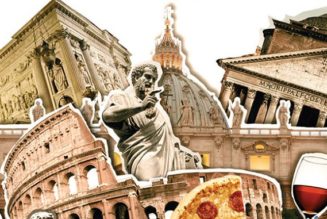
Our grave time for choosing.
Michael Hickson should be a household name. From the best I can tell, he was a tender soul. Like many in our country, he contracted COVID-19. Also, like many in our country, he had the disadvantage of living in residential care at the time. He was transferred to a hospital and, by all indications — including a recording of a conversation a doctor had with his wife — was not cherished as a patient with rights and dignity. His cognitive impairment and physical disability marked him, for at least that one doctor, as not having a quality of life worth fighting for.
It is a miserable story, as these often can be. An accident changes so much. A split develops in the family. A court has to get involved. His wife and the mother of his children no longer has the say about how he is treated. And the coronavirus for her became a begging game — asking to see her husband, begging that they treat him as a treasured life, deserving of the best care.
And the allegation in this case is not about extraordinary measures. The concern is that before he died, he was denied the basics, so that he would die.
And, oh, by the way, Michael Hickson was a black man in America. He didn’t die on the streets, but in a hospital bed. And if we’re concerned about the need for reform in law enforcement, we ought to be concerned about what’s happening to our medical culture, too. Because there is a similar dehumanization that is taking place, and it’s increasingly systematic, indeed. This ideology of a throwaway culture is seeping into this most noble profession in insidious ways, dangerous to anyone who may find himself vulnerable — or loves anyone who may find himself without an advocate at the most precarious moment of life, when the last thing you want to fall victim to in a hospital is a perverse ethics, a culture of death in the halls that were once ruled by “do no harm.”
Michael Hickson’s is a black life that matters. To his family, and to all of us. This is one of those stories that are easier not to know about, because by refusing to look away, action is required. A commitment to something better, to a change in how we value all human life.
There’s a lot of unprocessed grieving in the United States of America today. Take my Empire State. We don’t even know how many thousands died of COVID-19 because of a decision made by the “Love Gov,” as Andrew Cuomo has been dubbed by the unserious among us, to have patients with COVID-19 transferred from hospitals to nursing homes. Unless you are Janice Dean, the meteorologist whose in-laws died in exactly that scenario, you don’t have the available platform to be standing against the tide of numbers. If you don’t know anyone who died in that scenario, all these stories might be to you is a series of overwhelming numbers. In this pandemic moment, we could drown in numbers if we paid too much attention. But how is this all going to change the way we operate in our own families? How is this going to change us? Will it make us a more tender people, truly valuing every human life — whether it’s convenient or not?
One of the wickedness of these months has been having to listen to Cuomo talk about the value of every human life, knowing he considers having expanded abortion in the abortion capital of America is a celebratory achievement. I frequently wonder how much of the staying home and upending our lives in many ways over these past months has been more about fear than protecting others. I hope I’m wrong. But then I see an op-ed in the Lost Angeles Times applauding California’s assisted-suicide regime, urging its extension for patients with dementia. This reminds me of when it became clear that some abortion advocates also had infanticide in mind (that may be mainstream in the Democratic Party at this time, if the governor of Virginia, among others, is any indication), and more.
Princeton professor Peter Singer has suggested we should seriously ponder infanticide for infants and older children who are discovered to be imperfect (which seems a threat to all of us — I’ve yet to meet the perfect person). Likewise, physician-assisted suicide at first was about terminal conditions. But suicide is suicide, and the law is a teacher. Once we make it legal and acceptable and even preferred in some circumstances, the practice of assisted-suicide will of course encouraging suicide across the board, as it becomes a poison in our cultural bloodstream. But we may just go ahead and expand it, as with abortion.
It’s impossible for us to know every person who has fallen victim to what Pope John Paul II described as a culture of death, which dehumanizes and anesthetizes us to the casualty toll that is too much to take. But when we become aware of a name such as Michael Hickson, we can’t look away. When we do, we align ourselves with the culture of death.
Do we value life or not? COVID-19 is a time for a cultural examination of conscience and choosing.
This column is based on one available through Andrews McMeel Universal’s Newspaper Enterprise Association.

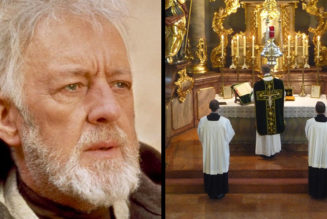
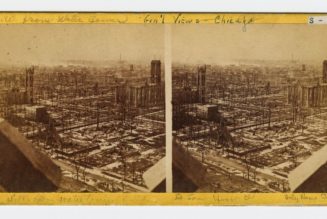
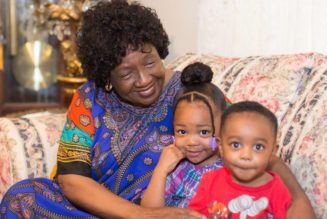
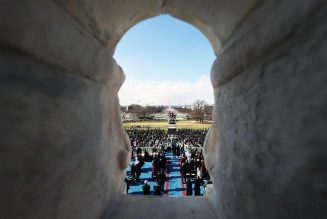
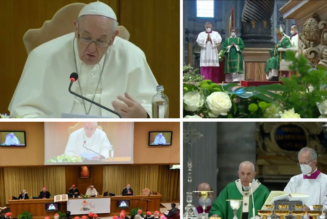
![The media are scapegoating Catholics for the Club Q shooting in Colorado Springs [WSJ paywall]…](https://salvationprosperity.net/wp-content/uploads/2022/12/the-media-are-scapegoating-catholics-for-the-club-q-shooting-in-colorado-springs-wsj-paywall-327x219.jpg)
